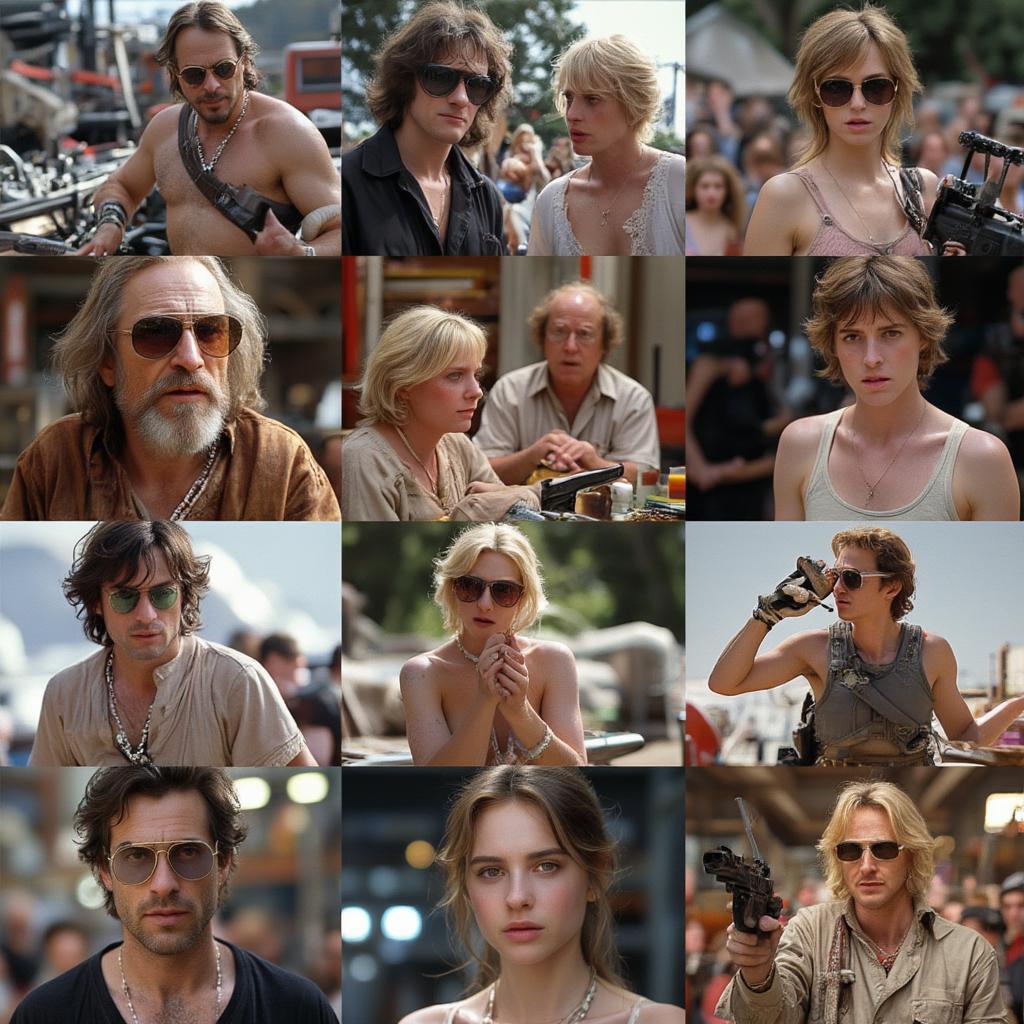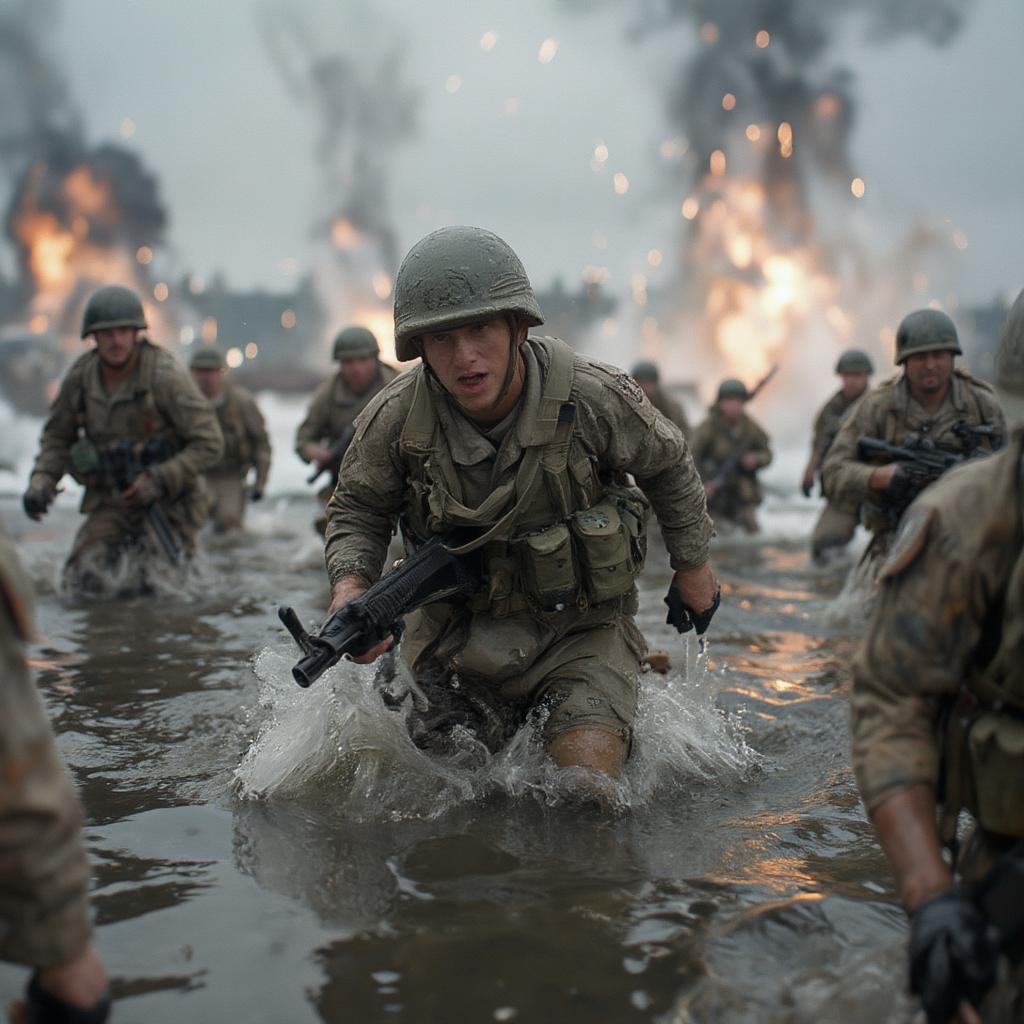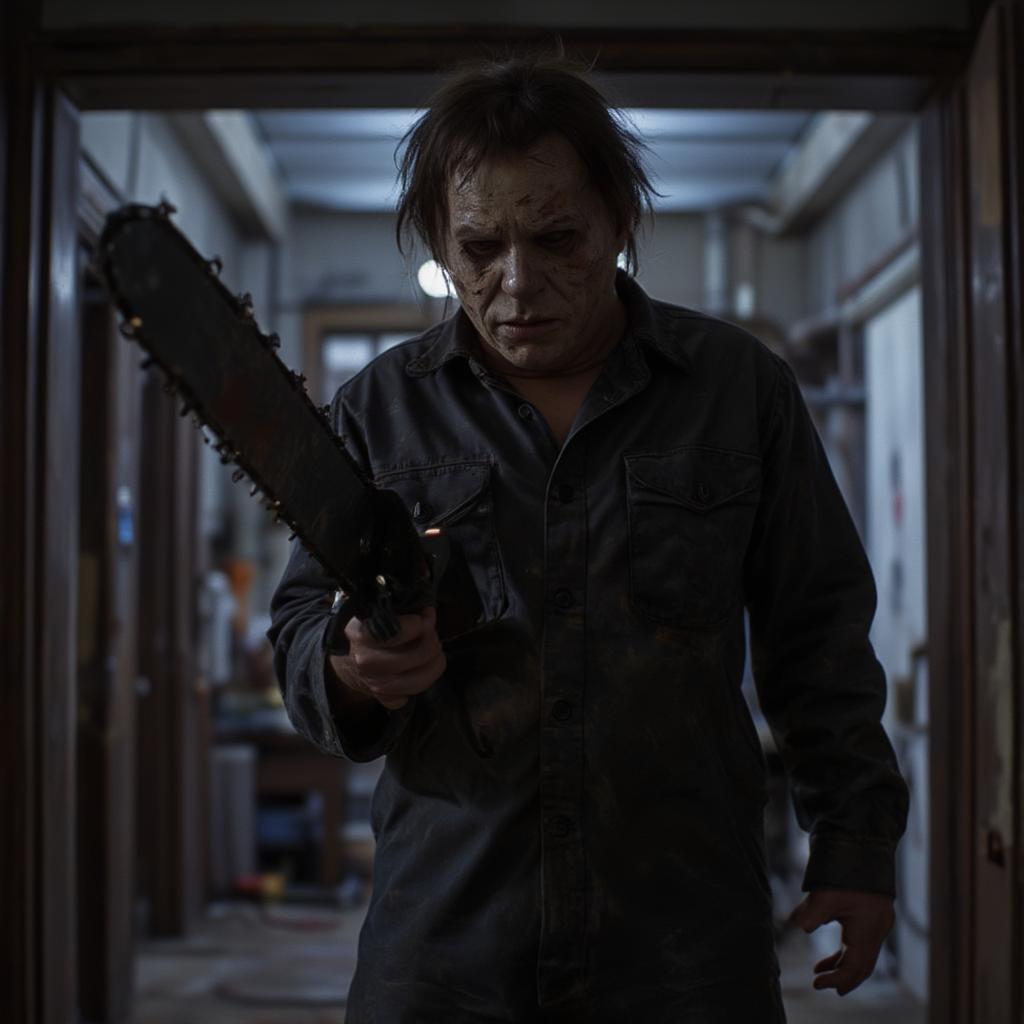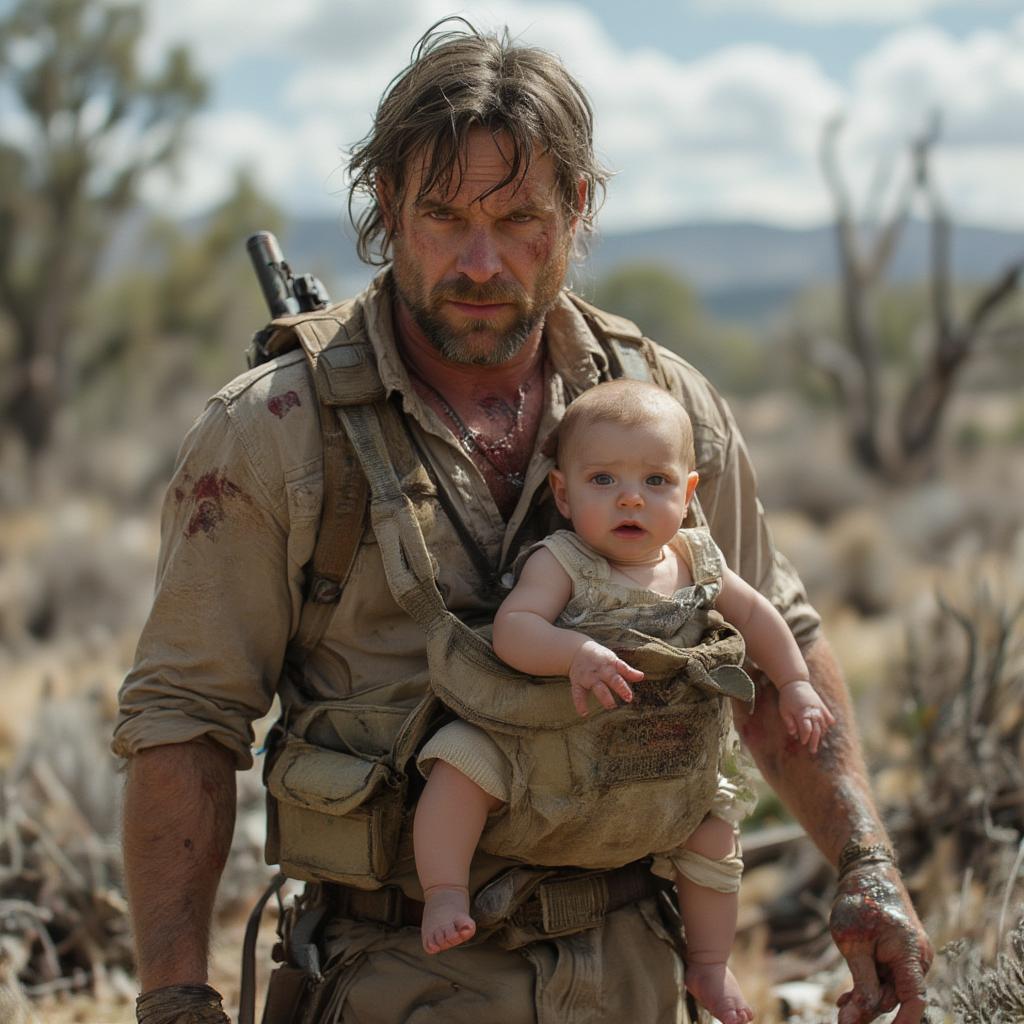The All-Time Best Movies in the World: A Tarantino-esque Take

Alright, movie freaks and cinephiles, buckle up! You’re about to embark on a goddamn cinematic odyssey through the blood-soaked, adrenaline-fueled landscape of the all-time best movies in the world. Forget those predictable, saccharine-sweet lists you find on other sites. This ain’t no goddamn popularity contest. This is Shock Naue, and we’re serving up a raw, unfiltered, and undeniably Tarantino-esque take on what makes a film a masterpiece. We’re talking about movies that punch you in the gut, twist your mind into a pretzel, and leave you gasping for breath like you just chugged a five-dollar shake after a marathon.
Now, when you’re talking “best movies of all time,” you’re wading into a subjective bloodbath. Everyone’s got an opinion, and most of ’em are about as insightful as a goldfish’s memory. But here at Shock Naue, we don’t shy away from controversy. We embrace it like a long-lost lover. So, forget your critical darlings and Oscar-bait bullshit. We’re diving deep into the cinematic underbelly, searching for those flicks that truly transcend time, genre, and even good taste.
What Makes a Movie “All-Time Great” Anyway? Damn Good Question.
Look, it ain’t about box office numbers or shiny golden statues. It’s about impact. It’s about innovation. It’s about leaving a goddamn crater in the cinematic landscape that echoes for generations. Think “Citizen Kane” shattering narrative conventions, or “2001: A Space Odyssey” blowing minds with its visual symphony and philosophical depth. These films didn’t just entertain; they redefined what cinema could be.
Of course, a healthy dose of stylistic brilliance doesn’t hurt. We’re talking about directors who wield the camera like a samurai sword, slicing and dicing their way through the mundane to create moments of pure cinematic poetry. Think Sergio Leone’s epic spaghetti westerns, with their sweeping landscapes and operatic gunfights, or Akira Kurosawa’s masterful use of movement and composition in films like “Seven Samurai.” These are movies that demand to be seen, not just watched.
Beyond the Usual Suspects: Unearthing Cinematic Gold
Let’s be honest, most “best of” lists are filled with the same tired old suspects. But true cinematic greatness often lurks in the shadows, waiting to be unearthed. We’re talking about those hidden gems, the cult classics, the foreign masterpieces that never quite broke into the mainstream. Have you ever experienced the visceral thrill of “Battle Royale,” the Japanese action-horror film that makes “The Hunger Games” look like a goddamn tea party? Or the haunting beauty of Andrei Tarkovsky’s “Stalker,” a science fiction film that delves into the depths of human desire and existential dread? These are the films that separate the true cinephiles from the casual moviegoers.
And let’s not forget about genre-bending brilliance. Films that defy categorization and explode expectations. Think “Pulp Fiction,” a crime drama that rewrote the rules of storytelling with its non-linear narrative and unforgettable dialogue (and if you haven’t seen it, well, you’re in the wrong goddamn place). Or David Lynch’s surreal masterpiece “Mulholland Drive,” a film that plunges you into a dreamlike nightmare and leaves you questioning the very nature of reality.

Is There a Formula for Cinematic Perfection? Hell No.
Some critics try to quantify greatness with checklists and criteria. But cinema is an art form, not a goddamn science experiment. There’s no magic formula, no secret ingredient that guarantees a masterpiece. It’s a delicate alchemy of vision, talent, and a little bit of luck. It’s about capturing lightning in a bottle, or maybe a severed head in a bowling bag. Who the hell knows? But when it happens, you know it. You feel it in your bones.
“A truly great film isn’t just about the story, it’s about the experience,” says renowned film scholar Dr. Reginald Von Helsinghast. “It’s about the way a film makes you feel, the way it challenges your perceptions, the way it stays with you long after the credits roll.”
So, What Are the All-Time Best Movies? Let the Debate Begin!
This ain’t no definitive list, folks. It’s a starting point, a goddamn provocation. It’s a challenge to expand your cinematic horizons and discover films that will blow your mind wider than a Quentin Tarantino shootout. So, grab your popcorn, dim the lights, and prepare to be entertained, enlightened, and maybe even a little bit offended. After all, this is Shock Naue, and we don’t do things halfway.
“The beauty of cinema lies in its subjectivity,” adds Von Helsinghast. “What one person finds profound, another might find pretentious. But the conversation, the debate, that’s what keeps the art form alive.”
In Conclusion:
The quest for the all-time best movies in the world is a never-ending journey. It’s about exploring the vast and ever-expanding cinematic universe, discovering new favorites, and revisiting old classics with fresh eyes. So, get out there and start watching. And remember, the only bad movie is the one you didn’t enjoy.
FAQ:
- What is considered a classic movie?
- What are some of the criteria for judging a movie?
- How has cinema evolved over time?
- What is the difference between a cult classic and a mainstream hit?
- What is the impact of film festivals on the movie industry?
- How does cinematography contribute to the overall quality of a film?
- What is the role of a film director?
- What are some examples of groundbreaking films that changed the course of cinema?
- How does a film’s cultural context influence its interpretation?




